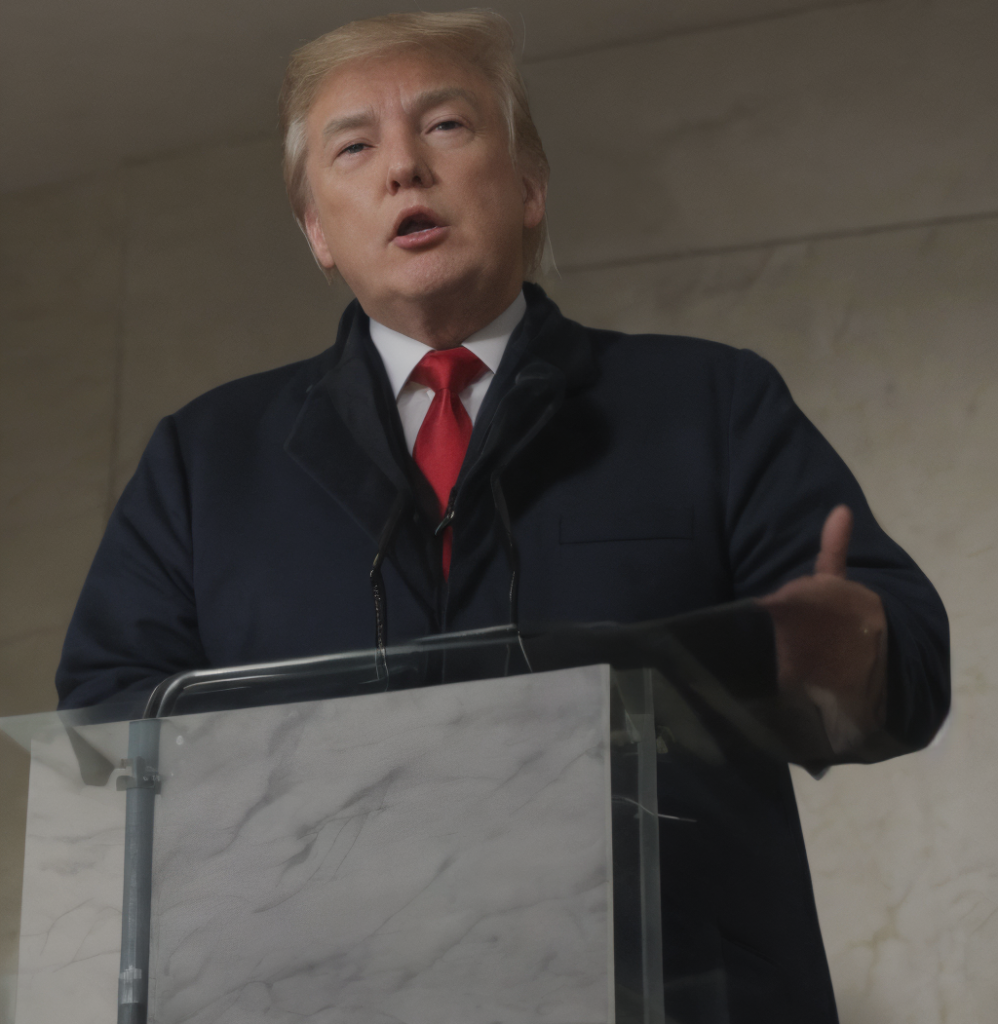
In a 6-3 decision based on ideological lines, the U.S. Supreme Court ruled that a former president has absolute immunity for core constitutional powers and is presumed immune for official acts, but not for unofficial ones. However, the court returned the case to the trial judge to determine which of Trump’s actions were within his official duties and thus shielded from prosecution.
This decision likely delays any trial against Trump until after the election, and only if he is not reelected. If reelected, Trump could direct the Justice Department to drop charges or potentially attempt self-pardon in pending federal cases.
Chief Justice John Roberts authored the decision with conservative justices concurring, while Justices Elena Kagan, Sonia Sotomayor, and Ketanji Brown Jackson dissented.
Sending the case back to Judge Tanya Chutkan ensures no Trump trial on election interference charges for months. Judge Chutkan, foreseeing three months of trial preparation even before the immunity issue, must now determine which charges in Trump’s indictment involve protected official acts.
Trump could still seek further delays, as immunity questions may be appealed pre-trial.
The Supreme Court’s decision, coming months after agreeing to hear the case, contrasts with swift rulings in past presidential power cases. In 1974, the court decided against President Nixon within 16 days, and this year, it swiftly ruled unanimously against states barring Trump from the ballot.